
Comedian Carrie Snow once said, "No day is so bad it can't be fixed with a nap."
She may be onto something. While we all know that we should be logging seven or eight hours of shut-eye each night for maximum health benefits, many of us fail to make sleep a priority. If you've clocked too little sleep, naps can be a lifesaver.
Napping offers quite a few benefits of its own. Science has shown that a short snooze can help you feel more alert, increase creativity, boost productivity, reduce stress and boost your mood. And if you can afford to nap for at least 60 minutes, it might help improve your memory and learning ability as well.
"Sleep makes us more productive, creative, less stressed and much healthier and happier," HuffPost President and Editor-in-Chief Arianna Huffington said on NBC's "Today" last year. "Even a 20-minute nap in the middle of the day can make a huge difference. I grew up thinking that if you work around the clock, you are going to be more effective, and I realize that is not true."
Many celebrated historical figures and modern-day successful stories rely on the art of napping to restore their minds and bodies when they're feeling fatigued.
Here are 15 highly successful people who are known to rely on naps to power through long days.
Thomas Edison
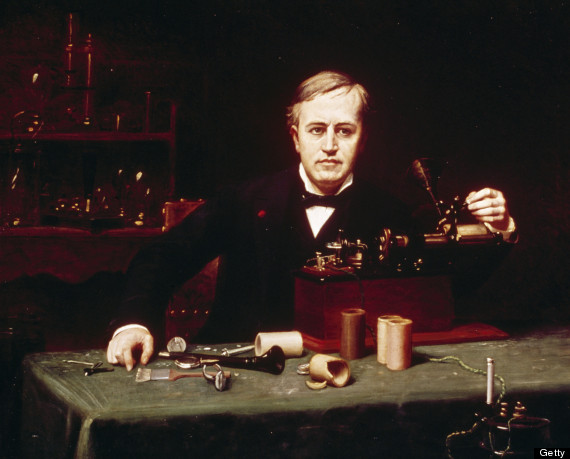
It's been said that this inventor and businessman prided himself on averaging around three to four hours of sleep each night. However, he secretly power-napped to balance out his intense work schedule. He set up napping cots throughout his home, laboratories and libraries for whenever he needed to recharge.
Emmy Rossum

The busier her schedule gets, the more actress Emmy Rossum tries to prioritize her sleep. In an interview with HuffPost Live's Caitlyn Becker, the actress and musician said she struggles to stay motivated without sleep, and naps are sometimes the only way she can get her rest.
"Sleep is important," she said. "I'm a huge napper... I literally nap between interviews."
Leonardo da Vinci
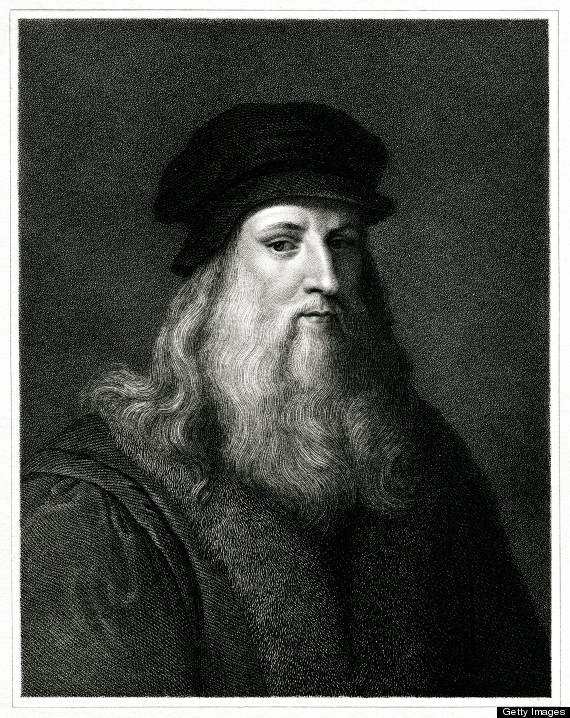
Renaissance man Leonardo da Vinci was a professional power-napper. He allegedly took 15-minute naps every four hours, totaling only 1.5 hours each day. This sleep pattern of logging no more than five hours of sleep a day is infamously known as the "sleep of genius."
Bill Clinton

The former president, who has been caught napping at some pretty inappropriate times, could fall asleep leaning against a wall if he had to. He relied heavily on naps during his time in the White House.
"On the days when I'm a little short of sleep, I try to work it out so that I can sneak off and just lie down for 15 minutes, a half hour, and it really makes all the difference in the world," Clinton told CBS News anchor Dan Rather.
Margaret Thatcher

While the Iron Lady was known for sleeping only four hours at night, she scheduled an hour-long nap in the middle of each afternoon to help keep her on her game. The Guardian reports that Thatcher told her aides to leave her in peace between 2:30 and 3:30 p.m. so she could rest.
Winston Churchill

Churchill once said, “Nature has not intended mankind to work from eight in the morning until midnight without that refreshment of blessed oblivion which, even if it only lasts 20 minutes, is sufficient to renew all the vital forces.”
Needless to say, no one could stand between this man and his afternoon nap. Similar to Edison, he kept a bed in the Houses of Parliament to make sure he could log his shut-eye when he needed it most.
Charlie Rose
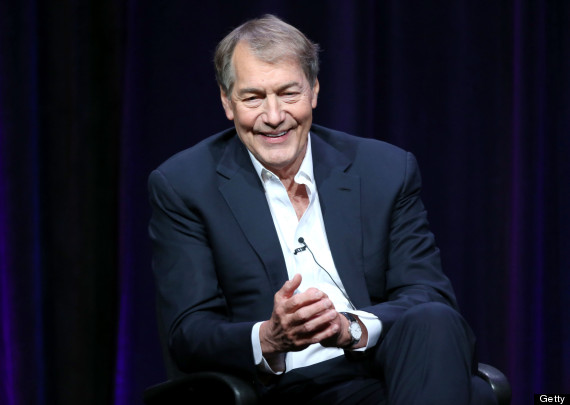
When the Hollywood Reporter asked the hardest working man in television when he finds time to sleep, Rose said that he takes two naps a day to feel most efficient. This habit dates back to his years in law school.
“If the choice for me is 30 minutes of more preparation for an interview or a 30-minute nap, I'll take the nap,” he said.
Eleanor Roosevelt
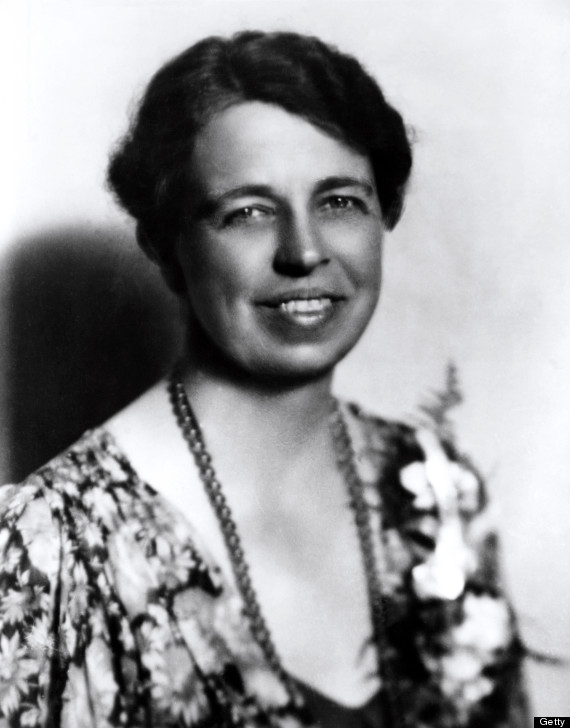
The First Lady and wife of U.S. President Franklin D. Roosevelt was known for taking short naps before giving public speeches. The little extra rest gave her a boost of energy that made all the difference when addressing her adoring audiences.
Arnold Schwarzenegger
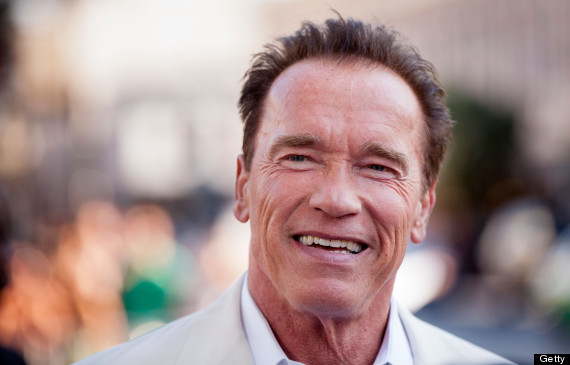
The former California governor and acclaimed actor appreciates a peaceful nap in the middle of the afternoon. According to the London Evening Standard, he trains for two hours in the gym every day, brings the energy on camera, and rests up behind the scenes. He even trained himself to nap on Venice Beach so he could work on his tan at the same time.
Salvador Dali
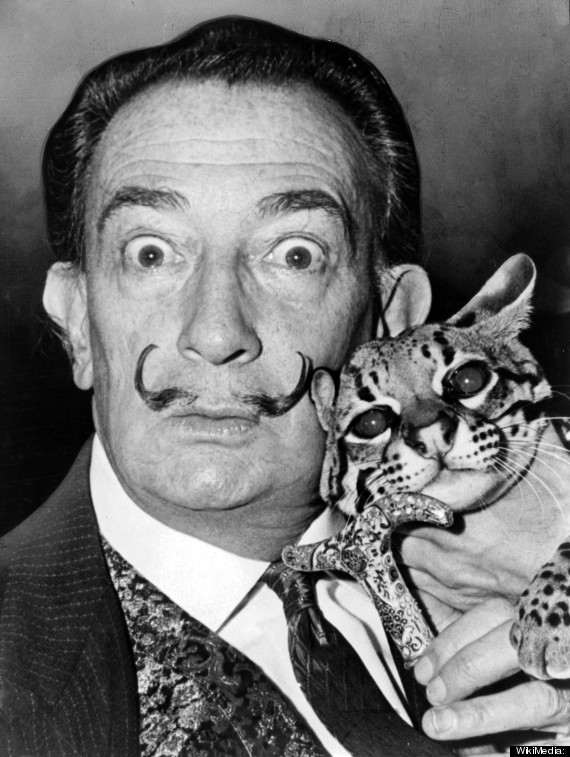
The master of surrealism also invented the micronap, which involves falling into a deep sleep for only a second or so. He sat upright, holding a key in his hand between his fingers, so when he fell completely asleep, the key would fall from his hand to the floor, waking him up and leaving him reportedly refreshed and ready to go.
Yogi Berra
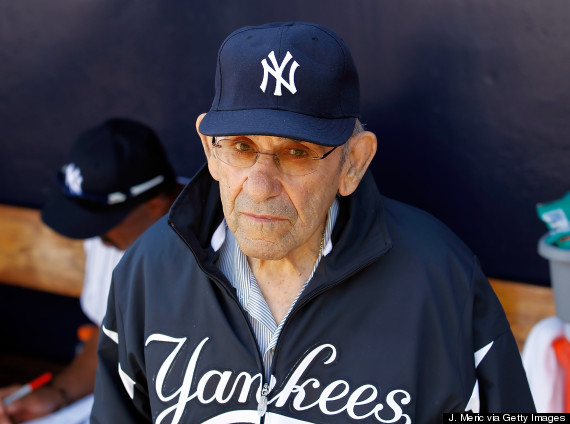
This former New York Yankee is also one of the most quoted sports figures in the world. While his math may have been slightly off when he said, "I usually take a two-hour nap from one to four," the sentiment still stands that this baseball legend needed his midday rest, too.
John F. Kennedy
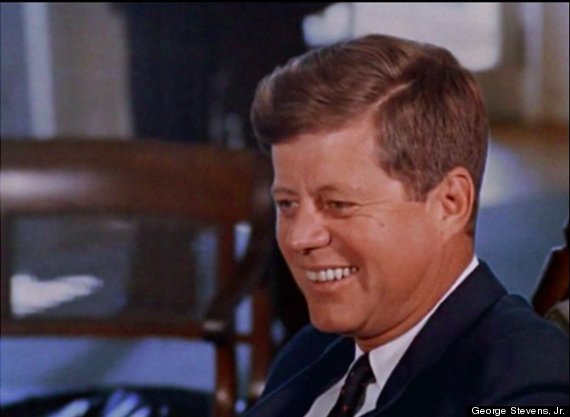
JFK famously ate his lunch in bed so he could take a nap afterwards every day. Each snooze lasted anywhere from one to two hours, and he made sure to keep his room dark and clean so he could get as much out of his nap as possible.
Ronald Reagan

Reagan is what some would call a controversial napper: Many felt his napping habits directly affected the way he managed his presidency. Regardless, he maintained a good sense of humor about it, often joking about falling asleep in cabinet meetings.
Kim Kardashian and Kanye West
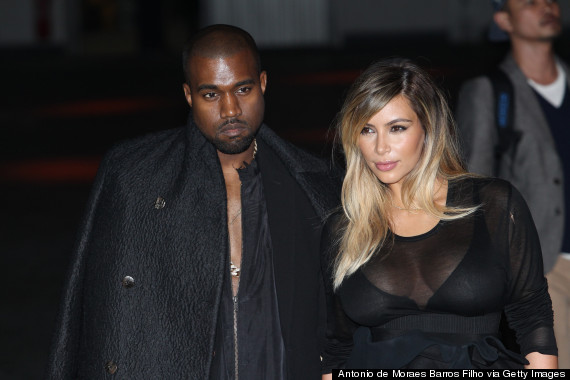
As new parents, this powerhouse couple rarely finds the time to get a full night's sleep. So instead, they indulge in a nap alongside baby North each day.